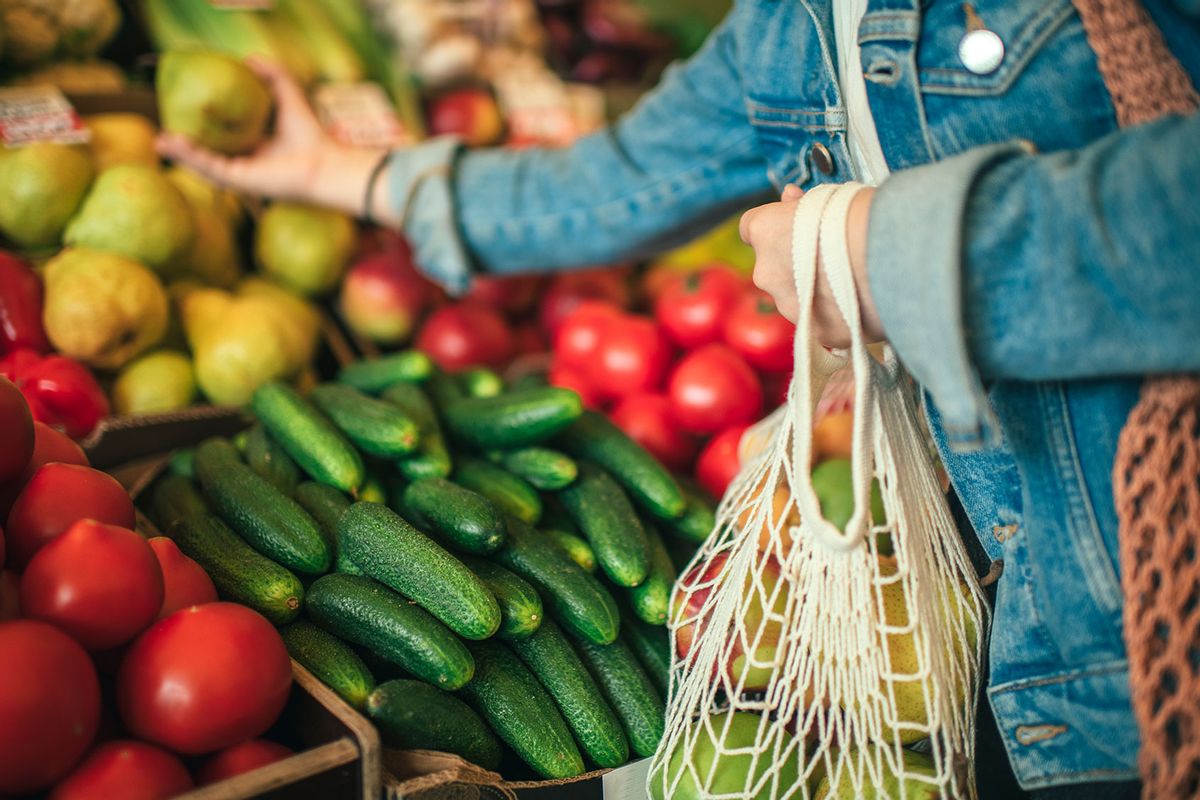The Environmental Working Group (EWG), a nonprofit organization committed to promoting healthy living and eating, has released its self-described “Dirty Dozen” list for 2024. The list itself ranks non-organic produce items with the most pesticides using data from the U.S. Department of Agriculture (USDA) and the Food and Drug Administration (FDA).
“This year, EWG determined that 75 percent of all conventional fresh produce sampled had residues of potentially harmful pesticides,” according to the organization. “But for items on the Dirty Dozen, a whopping 95 percent of samples contain pesticides.”
The USDA and FDA conducted tests on 47,510 samples of 46 fruits and vegetables. Of those produce items, 12 fruits and vegetables were most contaminated with pesticides. They include strawberries; spinach; kale, collard and mustard greens; grapes; peaches; pears; nectarines; apples; bell and hot peppers; cherries; blueberries and green beans.
Per the EWG, four of the five pesticides found most frequently on the Dirty Dozen are fungicides — namely fludioxonil, pyraclostrobin, boscalid and pyrimethanil. Fungicides are typically applied on produce after harvest to prevent fungal diseases and mold growth. High concentrations of fungicides, however, may be harmful to the endocrine system, although more studies are necessary to understand just how dangerous they are to human health.
The EWG recommended consumers buy organic versions of produce items on the Dirty Dozen as they contain lower pesticide residues compared to non-organic items.

Shares